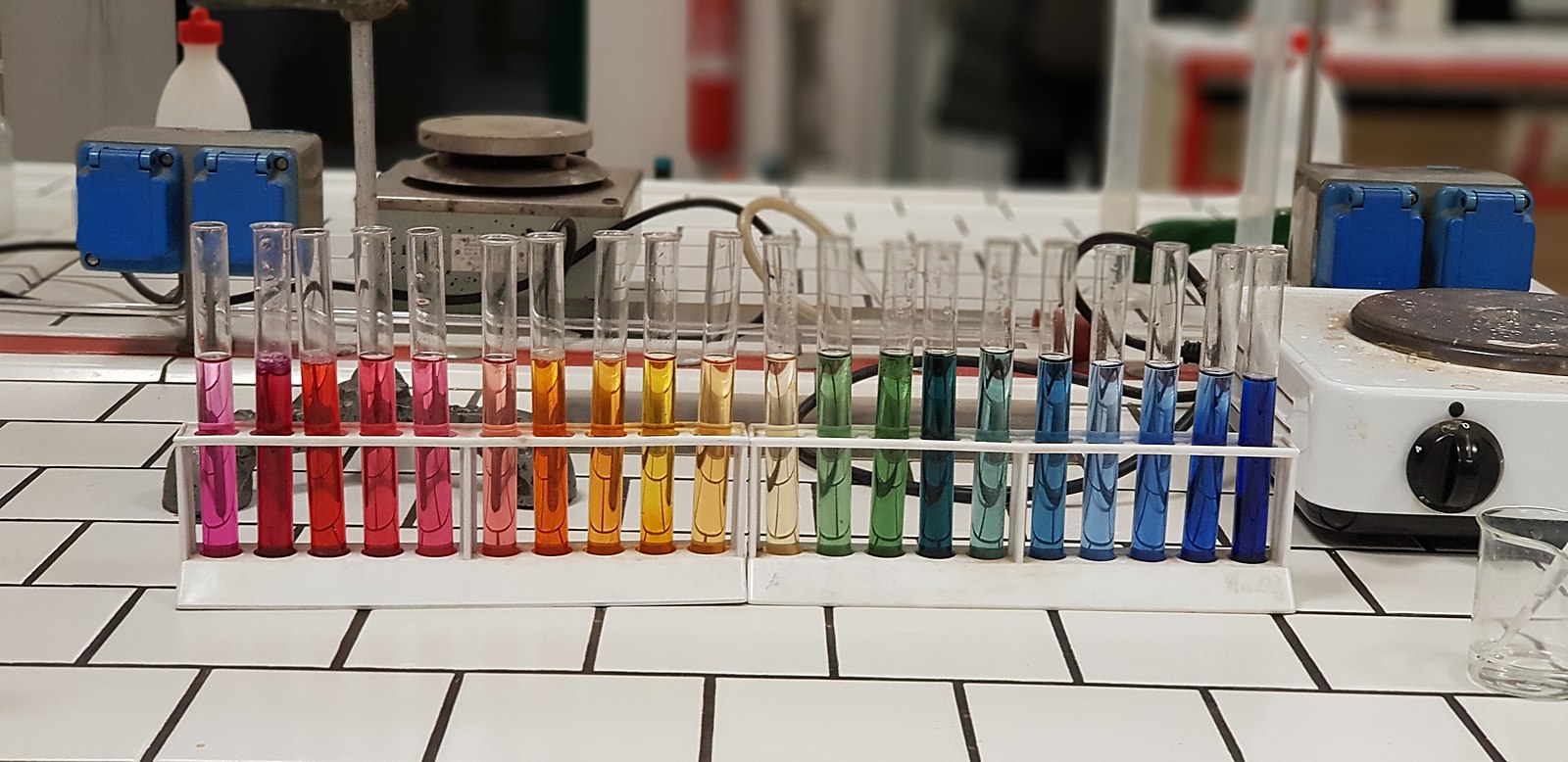The pH value of gypsum in water is typically around 6.7 to 7.7, which is close to that of pure water. This is because gypsum, a compound of calcium sulfate (CaSO4), is only slightly soluble in water, and the ions that are released do not significantly interact with water molecules to alter the pH.
Understanding the pH of Gypsum in Water
Gypsum is a relatively inert compound when it comes to pH. When dissolved in water, the sulfate ion (SO4^2-) is a weak conjugate base of the hydrogen sulfate acid, and it does not decrease the pH of the solution. The calcium ions (Ca^2+) also do not have a significant impact on the pH.
Factors Affecting the pH of Gypsum in Water
The pH of gypsum in water can be influenced by several factors:
- Purity of Gypsum: If the gypsum contains impurities or contaminants, it may affect the pH of the water. Pure gypsum typically has a pH close to neutral.
- Concentration of Gypsum: The higher the concentration of gypsum in the water, the more ions will be present, but this does not necessarily lead to a significant change in pH.
- Presence of Other Substances: If there are other chemicals or substances present in the water, they may interact with the gypsum and influence the overall pH.
Balancing the pH of Gypsum in Water
For DIY users who want to balance the pH of gypsum in water, there are a few options:
- Adding Gypsum to Brewing Water: Homebrewers can add 1.3g of gypsum per gallon to their brewing water to lower the water pH for hoppy pale beers. However, they need to recalculate the sparge acid addition if they have already lowered the water pH with gypsum additions.
- Using Phosphoric Acid: Homebrewers can use 10% phosphoric acid to lower the sparge water pH, and the sparge acidification tab of Bru’n water can help them with this calculation.
Using Gypsum as a Fertilizer
If there are contaminants, chemicals, or substances present in the gypsum in water, users can use gypsum as a fertilizer source of calcium (Ca) and sulfur (S). Gypsum is sparingly soluble and does not increase or decrease acidity, and it adds calcium ions (Ca^2+) and sulfate ions (SO4^2-) to the soil water without adding or taking away hydrogen ions (H+).
However, if there is no need for fertilizer application of Ca or S, then gypsum application is not needed for fertilization reasons.
Conclusion
In summary, the pH of gypsum in water is typically around 6.7 to 7.7, which is close to neutral. Users can balance the pH by adding gypsum to their brewing water or using gypsum as a fertilizer source of Ca and S. They can also recalculate the sparge acid addition if they have already lowered the water pH with gypsum additions. Understanding the nuances of the pH of gypsum in water can help users make informed decisions in various applications.
References:
- Mahaorganics Lawn Care. (n.d.). Gypsum vs Lime – Soil Amendments – SO4 – 98G – Calcium – Soil Test – pH. Retrieved from https://mahaorganicslawncare.com/blog/gypsum-vs-lime-soil-amendments-so4-98g-calcium-soil-test-ph/
- The Education. (n.d.). The pH of Calcium Sulfate in Water. Retrieved from https://education.seattlepi.com/ph-calcium-sulfate-water-3800.html
- Integrated Crop Management. (n.d.). Gypsum: an old product with a new use. Retrieved from https://crops.extension.iastate.edu/encyclopedia/gypsum-old-product-new-use
- Homebrew Talk. (2012, May 30). Calculating Water PH after Gypsum not Mash PH. Retrieved from https://www.homebrewtalk.com/threads/calculating-water-ph-after-gypsum-not-mash-ph.332083/
- PTHorticulture. (2023, September 7). MYTH Series: Gypsum Changes the pH of Growing Media. Retrieved from https://www.pthorticulture.com/en/training-center/myth-series-gypsum-changes-the-ph-of-growing-media/
- American Homebrewers Association. (2018, July 01). pH questions. Retrieved from https://www.homebrewersassociation.org/forum/index.php?topic=32012.0

